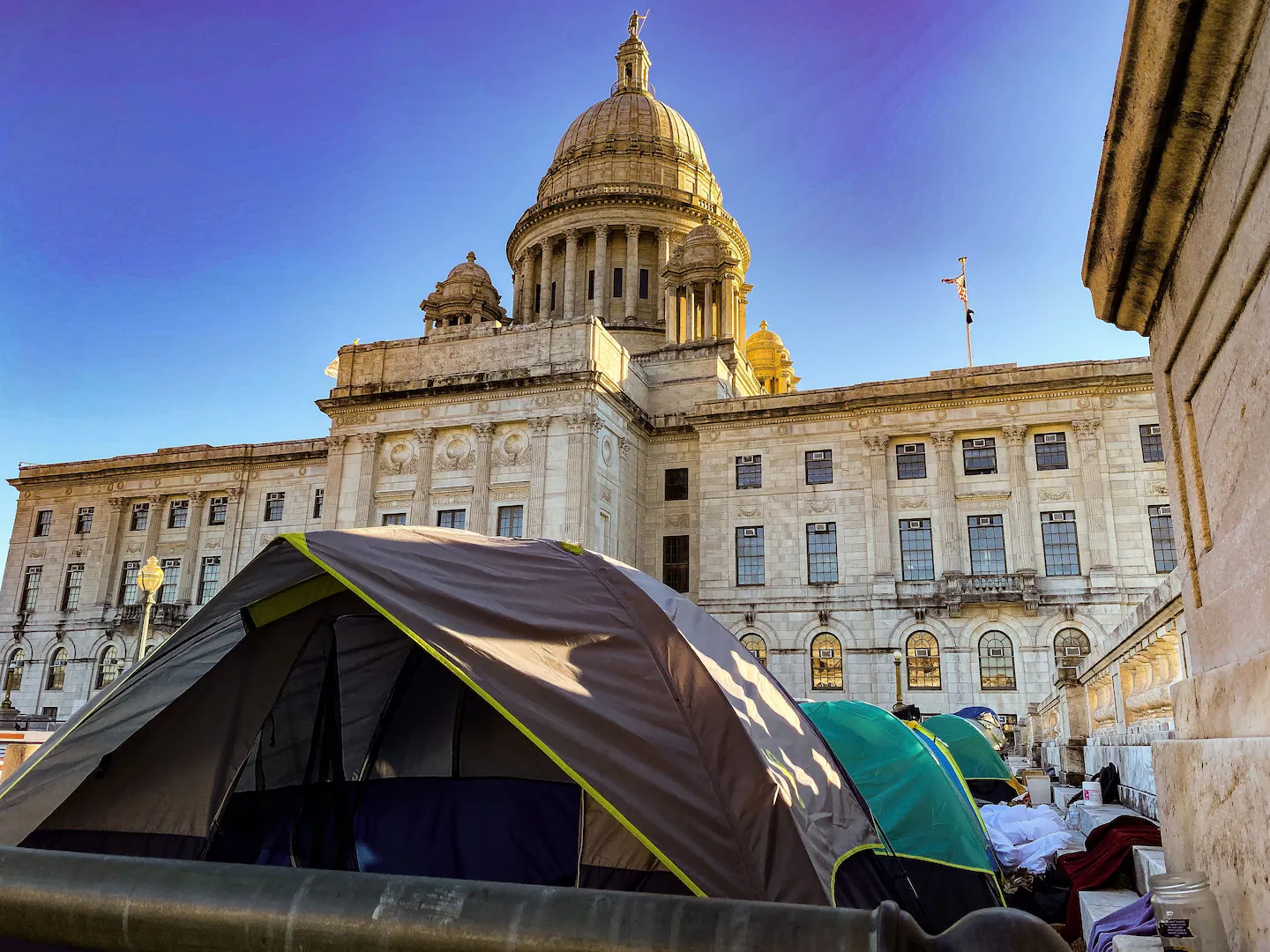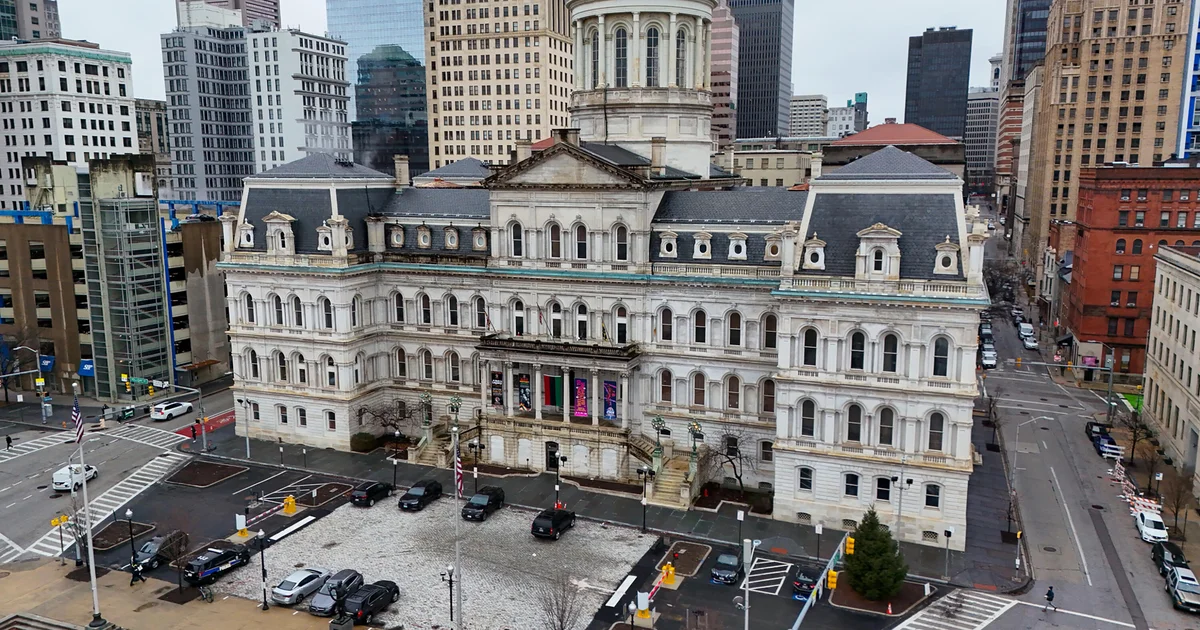Copyright The Boston Globe

As the government shutdown drags on, 145,000 Rhode Islanders who rely on the Supplemental Nutrition Assistance Program, also known as SNAP, remain without the money they need to buy food. Regardless of how and when the Trump administration complies with a court order to pay at least partial benefits for November, this has increased hunger in Rhode Island, where nearly 40 percent of the population faces food insecurity. Data recently published by HousingWorks RI shows renters’ median household income here is $48,434. But there is no community in our state where households making less than $60,000 a year can afford the average rent for a two-bedroom apartment. In most places, it takes more than $75,000 or even $100,000. There’s also no community where a household whose income is below $100,000 can affordably purchase a median-priced home. Meanwhile, the main reason behind the federal shutdown is that congressional Republicans refuse to renew health care marketplace subsidies. Without them, premiums for most of the average Rhode Islanders who rely on those subsidies will skyrocket by 85 percent, some much more. Even with the subsidies, health care costs are out of reach for many. Medical debt is a leading reason for bankruptcy nationwide. There are many more measures that illustrate the economic struggles faced by ordinary people in Rhode Island and around the country. With a majority in Congress that bows to the demands of a president who has delivered on his promises to cut taxes for billionaires and slash programs that help ordinary Americans survive, the broad expanse of income inequality in our nation is poised to splay to an inconceivable width. Advertisement The federal government isn’t going to help, but Rhode Island is equipped to fight more extreme income inequality. As neighboring Massachusetts has demonstrated, the ultrawealthy are not hurt and will not flee when their enormous resources are taxed at a higher rate. The Bay State’s “millionaire tax” raised nearly $3 billion in fiscal 2025 for education and transportation. Similarly, Colorado voters this week approved a surtax on wealthy households to provide universal free school meals and strengthen SNAP. An effort is being floated in California to establish a 5 percent wealth tax on billionaires, with most revenue directed toward Medicaid recipients, since Trump’s “Big Beautiful Bill” funded tax cuts for the wealthy by slashing Medicaid. Rhode Island dipped its toes in that water this session, enacting the “Taylor Swift tax” on the value of non-owner-occupied houses above $1 million, with revenue dedicated to the low-income housing tax credit, a proposal I was proud to sponsor for several years. It was a step in the right direction, but a very small step when you consider the vast difference in resources enjoyed by those at the top and the rest of the population. A recent Oxfam report found that the wealth of the 10 richest Americans swelled by $698 billion over the last year, while over 40 percent of Americans, and nearly 50 percent of U.S. children, live inhouseholds whose income is below 200 percent of the poverty line. We must not accept the increasing concentration of wealth at the top while ordinary people lack affordable housing, health care and even food. When the General Assembly returns in January, we have nothing less than a moral imperative to strengthen our safety net for the many who need it today. Those fortunate enough to be at the top have benefited from the systems that concentrate wealth, and even a modest adjustment of the scales could provide enough resources to change the course of lives and the future of our communities, state and nation. Advertisement As the educator and YouTube children’s entertainer Ms. Rachel recently put it, “No one needs a billion dollars. People need food. The end.” Senator Meghan E. Kallman is a Democrat representing District 15 in Pawtucket and Providence.



